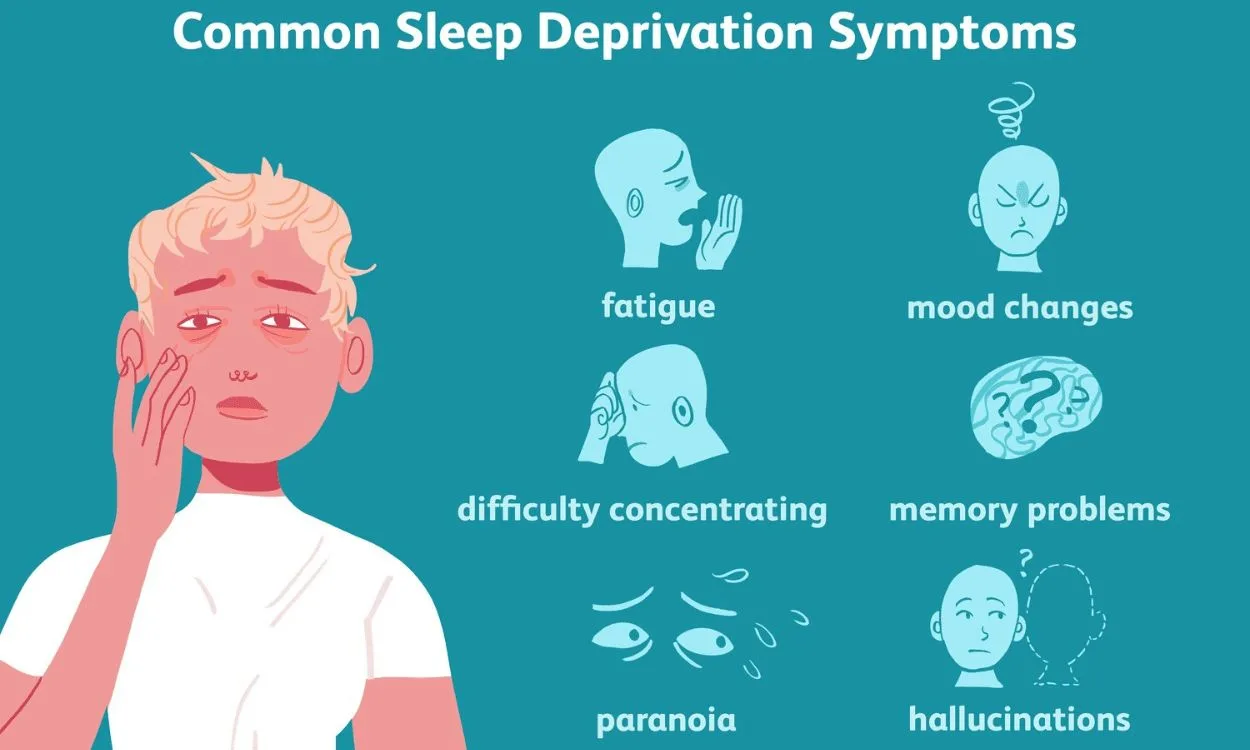How does sleep deprivation affect our health?
Sleep is an essential part of our daily routine, and getting enough quality sleep is crucial for our overall health and well-being. However, in today’s fast-paced world, many people suffer from sleep deprivation, either due to work demands, lifestyle choices, or various other factors. In this article, we will explore the effects of sleep deprivation on our health and why it is important to prioritize sleep.
The Importance of Sleep
Before diving into the effects of sleep deprivation, it is crucial to understand why sleep is so important for our bodies. During sleep, our body goes through various processes that help restore and rejuvenate our physical and mental health. Here are some key reasons why sleep is vital:
- Restoration and Healing: Sleep allows our body to repair and restore itself. It helps in the healing of tissues, boosting our immune system, and promoting overall physical recovery.
- Brain Function and Mental Health: Sleep plays a critical role in brain function, memory consolidation, and cognitive processes. It helps improve focus, concentration, and overall mental well-being.
- Regulation of Hormones: Adequate sleep is necessary for the regulation of hormones such as cortisol, insulin, and growth hormone. Sleep deprivation can disrupt the balance of these hormones, leading to various health issues.
Effects of Sleep Deprivation
- Impaired Cognitive Function: Lack of sleep can significantly affect our cognitive abilities. It can impair our memory, attention, decision-making skills, and problem-solving abilities. This can lead to reduced productivity, difficulty in learning, and poor performance in daily tasks.
- Emotional Disturbances: Sleep deprivation is often associated with mood swings, irritability, and increased stress levels. It can make it harder for individuals to regulate their emotions and may contribute to the development of mental health disorders such as anxiety and depression.
- Weakened Immune System: Sleep deprivation can weaken our immune system, making us more susceptible to infections, viruses, and diseases. It reduces the production of cytokines, which play a crucial role in immune response, leaving us vulnerable to illnesses.
- Weight Gain and Increased Risk of Obesity: Lack of sleep can disrupt the balance of hunger-regulating hormones such as leptin and ghrelin. This can lead to increased appetite, cravings for unhealthy foods, and ultimately, weight gain. Chronic sleep deprivation has been linked to an increased risk of obesity.
- Higher Risk of Chronic Diseases: Sleep deprivation has been associated with an increased risk of several chronic conditions. These include cardiovascular diseases, diabetes, hypertension, and even certain types of cancer. Lack of sleep can contribute to the development and progression of these health issues.
- Impaired Physical Performance: Sleep deprivation can negatively impact our physical performance and athletic abilities. It can lead to decreased reaction times, reduced endurance, and impaired coordination. This can affect sports performance and increase the risk of accidents or injuries.
Prioritizing Sleep and Fitpaa
Understanding the detrimental effects of sleep deprivation highlights the importance of prioritizing sleep in our lives. Here are some tips to improve sleep quality and duration:
- Establish a Bedtime Routine: Create a relaxing bedtime routine that signals your body it’s time to sleep. This can include activities like reading, taking a warm bath, or practicing relaxation techniques.
- Maintain a Consistent Sleep Schedule: Try to go to bed and wake up at the same time every day, even on weekends. This helps regulate your body’s internal clock and promotes better sleep.
- Create a Sleep-Friendly Environment: Make sure your sleep environment is comfortable, quiet, and dark. Use curtains or eye masks to block out any sources of light and eliminate any potential disturbances.
- Avoid Stimulants and Electronic Devices: Avoid consuming stimulants like caffeine or nicotine close to bedtime. Additionally, limit the use of electronic devices such as smartphones or laptops before sleep, as the blue light emitted can interfere with sleep.
- Regular Exercise: Engaging in regular physical activity can help promote better sleep. However, avoid intense workouts close to bedtime, as they can make it harder to fall asleep.
While these tips can improve sleep quality, sometimes additional support is needed to address underlying issues that may be causing sleep deprivation. This is where Fitpaa can help.
Fitpaa is an AI-driven Metabolism monitoring and management technology designed to help individuals achieve their health and fitness goals. The Fitpaa app provides various features and personalized plans to optimize overall well-being, including sleep management.
The Fitpaa app offers a comprehensive approach to sleep optimization, combining lifestyle medicine and behavioral therapy. With features like real-time guidance, habit-building, and purpose-finding, Fitpaa aims to enhance sleep quality and address the effects of sleep deprivation on health.
By using Fitpaa, you can gain access to a team of experts, including fitness coaches, nutritionists, and doctors, who will tailor a personalized Fitpaa Capsule based on your metabolism and health goals. This capsule combines medical therapy, exercise therapy, nutrition therapy, and cognitive behavior therapy to optimize your overall health and help you achieve your goals.
In conclusion, sleep deprivation can have profound effects on our physical and mental health. Prioritizing sleep and adopting healthy sleep habits is crucial for our overall well-being. Fitpaa can serve as a valuable tool in this journey, providing personalized support and guidance to optimize sleep and achieve your health and fitness goals.
If you’re ready to experience the joy of better sleep and overall well-being, download the Fitpaa app today and embark on your transformational journey towards a healthier and happier life.









